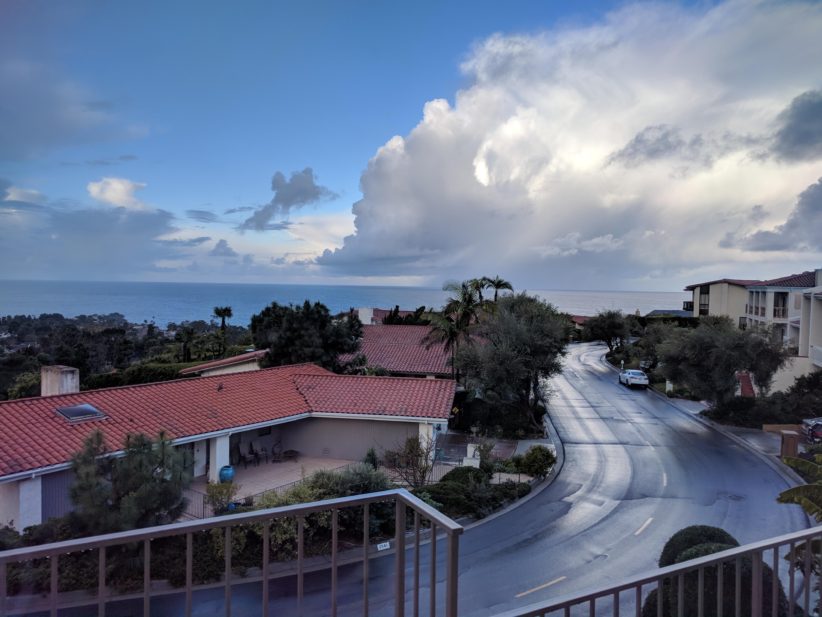I've mentioned previously that a friend gifted me a subscription to Master Class, an online video lecture series where interesting / prominent / famous / accomplished individuals are give the opportunity to teach their craft.
So far I've enjoyed learning negotiation skills from Chris Voss, a former FBI hostage negotiator, as well as creativity, comedy and screenwriting process from Judd Apatow and Issa Rae.
Most recently, I started a class by presidential biographer Doris Kearns Goodwin, who has written about Lincoln, the Kennedys, LBJ, FDR and Teddy Roosevelt. Her latest book, Leadership in Turbulent Times, summarizes the critical lessons she's gleaned from the leaders she has profiled, and her Master Class is a distillation of those lessons.
One of the highlights of the class was her observation that great leaders engage in self-care, which has taken different forms for different presidents.
For Teddy Roosevelt, it was a vigorous hike (even including skinny dipping in the Potomac) where he obliged himself and his companions to overcome any obstacle they encountered.
For Lincoln, it was spending evenings at the theater, where he attended well over 100 shows during his time as president.
For FDR, it was nightly cocktail hours where cabinet members and friends were instructed to any topic except the war. He reportedly valued these regular social events so dearly that he invited several cabinet members to move into spare rooms in the White House for months at a time to eliminate any possible reason that they might not attend on a regular basis.
FDR also reportedly did some of his most creative political thinking after enjoying the renewal of leisure time. At one point during WWII, Britain was our strongest ally in the war, in dire need of US supplies it could not afford to pay for. A deep sea fishing trip led FDR to come up with the Lend Lease Act, neatly solving the problem by providing Britain and other allies what were ostensibly rentals or loans of American-manufactured war supplies.
The take home is that if you think you are too busy as a physician to make time for self-care, you are not following best practices as a leader.
If war-time presidents could find moments to unwind and replenish, pandemic-era physicians should be equally expected to carve out time for this important priority.

